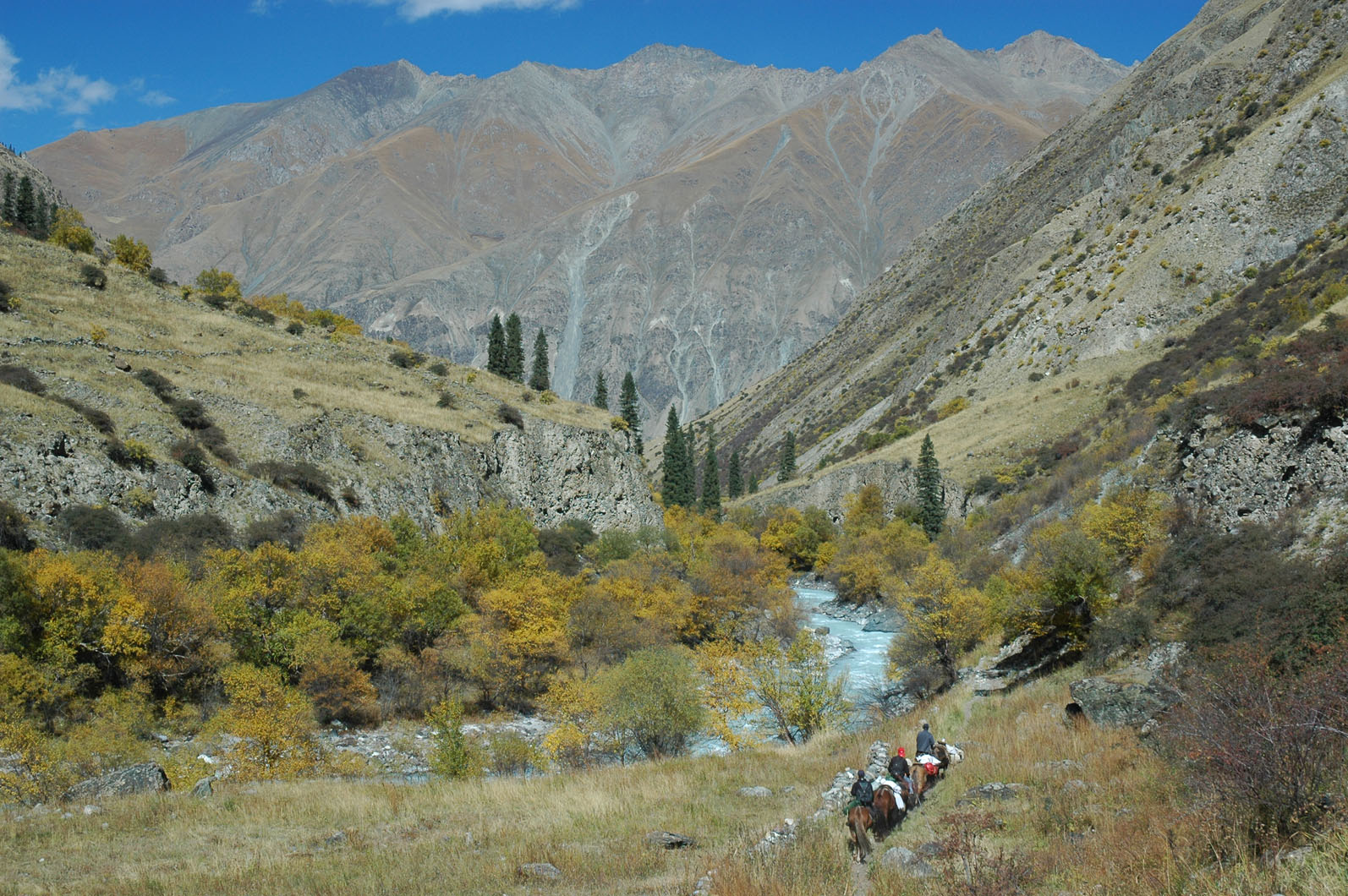
Deep Underground, Water Pierces Solid Rock

Deep within the Earth, water beats rock. A new study has found that jets of ultra hot liquid can carve their way through solid rock in about 200 years, hundreds of times faster than previously thought by many scientists.
These relatively quick pulses of liquid could be linked to earthquakes and volcanoes, and the finding could help to better understand and even predict these events in the future, study team member Timm John, a researcher at the University of Münster in Germany, said. "Fluid accumulates in a reservoir and is then released in pulses, like a jet through solid rock," he told OurAmazingPlanet.
When two plates collide, one slides beneath the other, a process called subduction. Intense heat and pressure gradually forces out water, which rises into the Earth's mantle and helps create magma. This molten rock fuels the explosive volcanoes of the infamous "Ring of Fire" — water, as a superheated gas, provides the power for massive eruptions in these areas.
Previously, many scientists pictured the subducting slab's liquid release as being continuous, like a wet sponge steadily leaking water onto a piece of paper. But the new study, published in May in the journal Nature Geoscience, shows it comes in spurts, like what would happen if you squeezed the sponge, John explained.
John and his colleagues arrived at their findings by analyzing the mineral structure of a fossilized "vein" through which liquid passed when it was 43 miles (70 kilometers) underground, some 315 million years ago. They found the rare rock structure high in China's Tian Shan Mountains. The mineral structure indicated that the water had passed through very quickly, geologically speaking.
The study is consistent with research on volcanoes, which shows that magma can move long distances in hundreds of years, much more quickly than expected, John said.
Reach Douglas Main at dmain@techmedianetwork.com. Follow him on Twitter @Douglas_Main. Follow OurAmazingPlanet for the latest in Earth science and exploration news on Twitter @OAPlanet. We're also on Facebook and Google+.
Sign up for the Live Science daily newsletter now
Get the world’s most fascinating discoveries delivered straight to your inbox.










